News

Mar 25, 2021
Three Huck Students Collect Grad School Awards
Two students from the intercollegiate graduate degree program in plant biology and one from ecology have been named among the recipients of prestigious 2020-21 Penn State Graduate School awards.
Full Article

Mar 18, 2021
Ottar Bjørnstad elected to Norwegian Academy of Sciences and Letters
Ottar N. Bjørnstad, distinguished professor of entomology and biology and J. Lloyd & Dorothy Foehr Huck Chair of Epidemiology at Penn State, has been elected to the Norwegian Academy of Sciences and Letters. Bjørnstad was recommended as a result of his significant contributions to the fields of population ecology and quantitative epidemiology.
Full Article
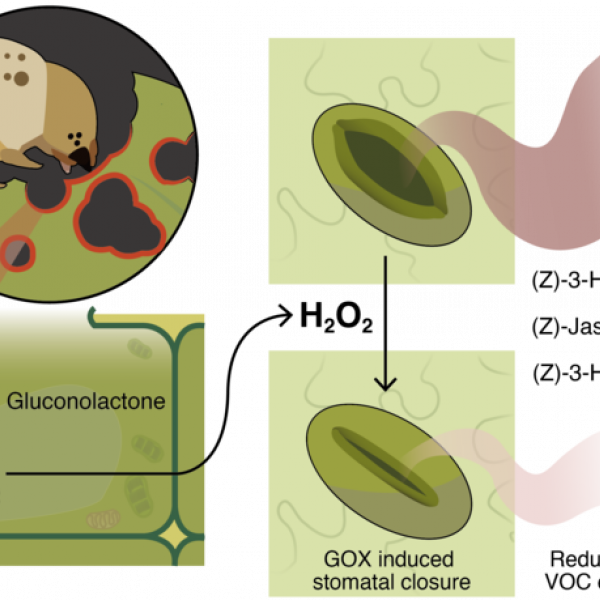
Feb 18, 2021
Silencing the alarm
An enzyme in the saliva of certain insects prevents their food plants from warning neighboring plants of an attack.
Full Article
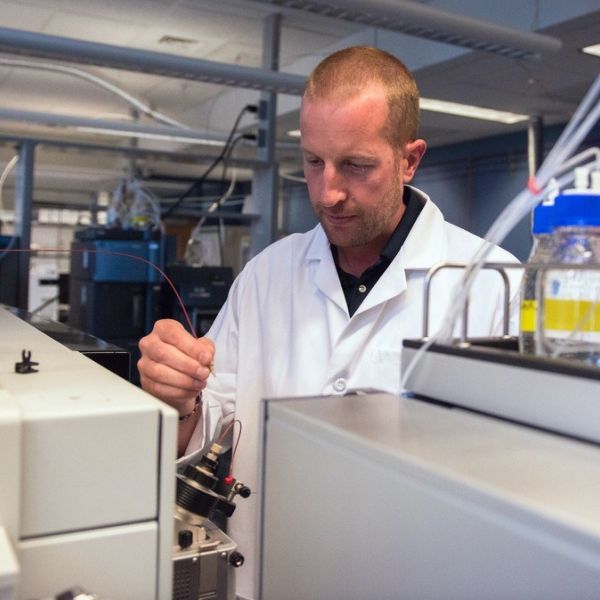
Feb 10, 2021
Andrew Patterson receives Society of Toxicology Achievement Award
The Society of Toxicology has named Tombros Early Career Professor Andrew Patterson of Penn State as the recipient of its 2021 Achievement Award, recognizing his significant contributions to the field of toxicology within 15 years of obtaining the highest earned degree.
Full Article
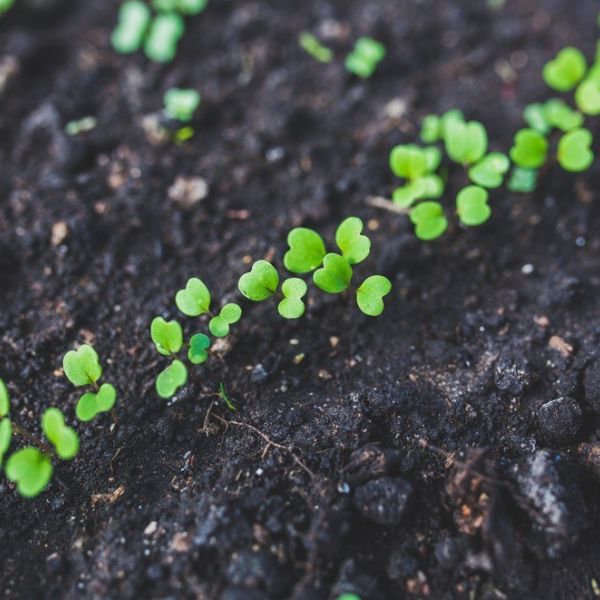
Feb 11, 2021
Rebuilding soil microbiomes in high-tunnel agricultural systems focus of study
The presence of high salt and nitrogen concentrations in high- tunnel soils may make it more challenging to rebuild a healthy soil microbiome following a soil-clearing event, according to microbial ecologists in Penn State’s College of Agricultural Sciences.
Full Article

Dec 11, 2020
Could spotted owls benefit from forest fires?
It may seem counterintuitive, but forest fires are actually beneficial to spotted owls, according to Penn State biologist Derek Lee.
Full Article
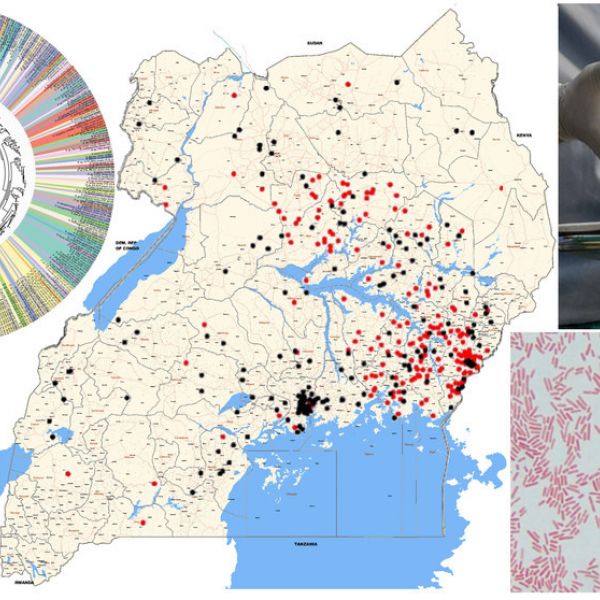
Oct 05, 2020
Bacteria virus combo may be cause of neonatal brain infections in Uganda
A newly identified bacteria and a common virus may be the underlying cause of infection-induced hydrocephalus in Uganda, according to an international team of researchers.
Full Article

Sep 30, 2020
Coral’s resilience to warming may depend on iron
How well corals respond to climate change could depend in part on the already scarce amount of iron available in their environment, according to a new study led by Penn State researchers.
Full Article
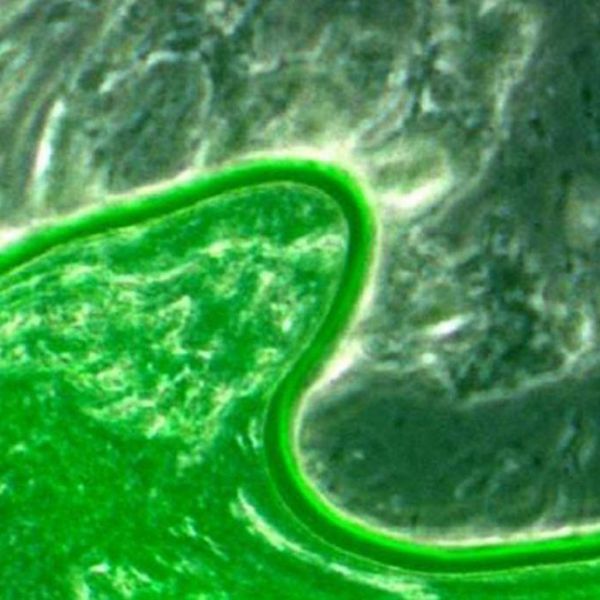
Sep 25, 2020
Penn State Microbiome Center elects new executive committee
The Penn State Microbiome Center in the Huck Institutes of the Life Sciences recently elected six new members to join its executive committee. The new members, along with 11 others who remained on the committee, started their two-year term in July.
Full Article

Sep 16, 2020
Liana Burghardt awarded Tansley Medal for excellence in plant science
Assistant Professor of Plant Science recognized for outstanding research contributions early in her career.
Full Article